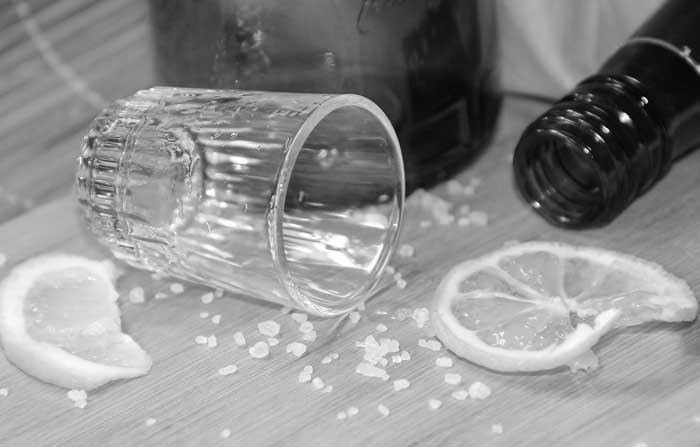
“Binge drinking” is a problem that has caused plenty of concern amongst MPs in recent years.
It has been estimated that more than a third of Brits have engaged in binge drinking at some point – a term defined by the NHS as “drinking lots of alcohol in a short space of time or drinking to get drunk or feel the effects of alcohol “ – with many doing so regularly.
This behaviour has been linked to an increase in potentially fatal diseases such as liver damage, brain damage and strokes among other conditions. It is also believed to contribute to increases in violent crime, anti-social behaviour, accidental injuries and cases of mental illnesses like dementia or depression.
It’s in the government’s interests to lower cases of all these illnesses. Many new laws have been introduced in order to try and do so. Many of them revolve around the conditions on which people can be granted an alcohol licence and UK law has certainly become stricter when it comes to serving alcohol.
Conditions
In April 2010, a number of conditions were introduced to prevent licence-holders encouraging binge drinking. This included the banning of irresponsible drinks promotions. Amongst the listed examples of such promotions were ‘all you can drink’ deals for a flat rate, drinking competitions or deals where a certain type of person drinks for free. Any promotion that could be deemed to be encouraging quick or heavy drinking could result in a licence being revoked.
‘Dentist chairs’ – where drink is poured directly into customer mouths – were also banned. It was also made mandatory for licence-holders to issue free tap water.
In October 2010, it was made mandatory for licence-holders to practice professional age verification policies and to offer smaller measures of certain alcoholic drinks, such as half-pints of beer and a 125ml glass of wine.
Opening hours
Since 2005, laws about the time of day in which alcohol can be served have become more flexible. Pubs and bars can apply to stay open for as long as they wish, although there is no guarantee that the local authority will grant these requests. These authorities are encouraged to consider how alcohol licences might affect the surrounding neighbourhood.
Nevertheless, there are some pubs and bars which have been granted a 24-hour licence. Opponents of this law believe that this may encourage binge-drinking but supporters maintain that ‘calling time at the bar’ had a similar effect, because customers would be in a rush to drink as much as possible before the pub closes. The debate surrounding pub and bar opening hours is likely to rage on for some time yet.
Minimum price
At one point the government was planning to introduce a minimum price per unit at which alcohol has to be sold. There have been discussions suggesting that this could be around 45p per unit. These laws would have more of an effect on off-licence holders, such as supermarkets and corner shops, than it would do for on-licence holders (pubs and bars). Most pubs and bars are already forced to sell alcohol at a much higher price in order to continue making profits.
Although the government has made a lot of noise about curbing binge drinking, there are a lot of people arguing that they haven’t done actually implemented enough in statutory law. It is likely that these laws will become even stricter in the future as the government reacts to such criticism.
Joe Elvin is a brand journalist and legal blogger who writes this article for Adams Law, specialist London solicitors in alcohol licensing and commercial property.
Latest posts by Howard Iken (see all)
- The Military & Getting Rightful Benefits After Divorce - January 25, 2019
- What Chapter 7 Bankruptcy Can Do for You - August 21, 2017
- Ongoing Case Regarding Obama Amnesty Executive Order - January 17, 2016
- Big Change in Law Regarding Fight Against Opiate Trafficking - November 1, 2015